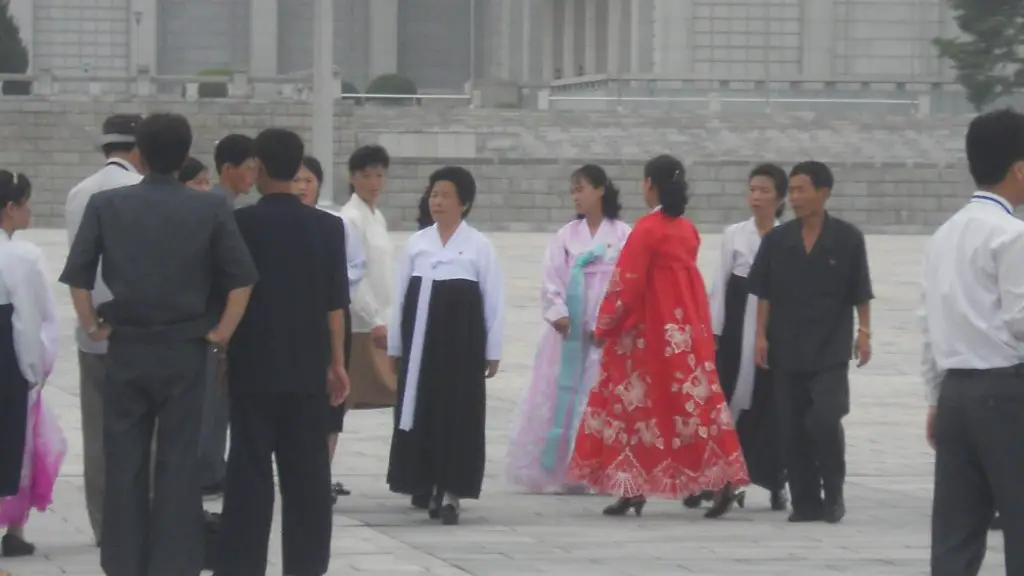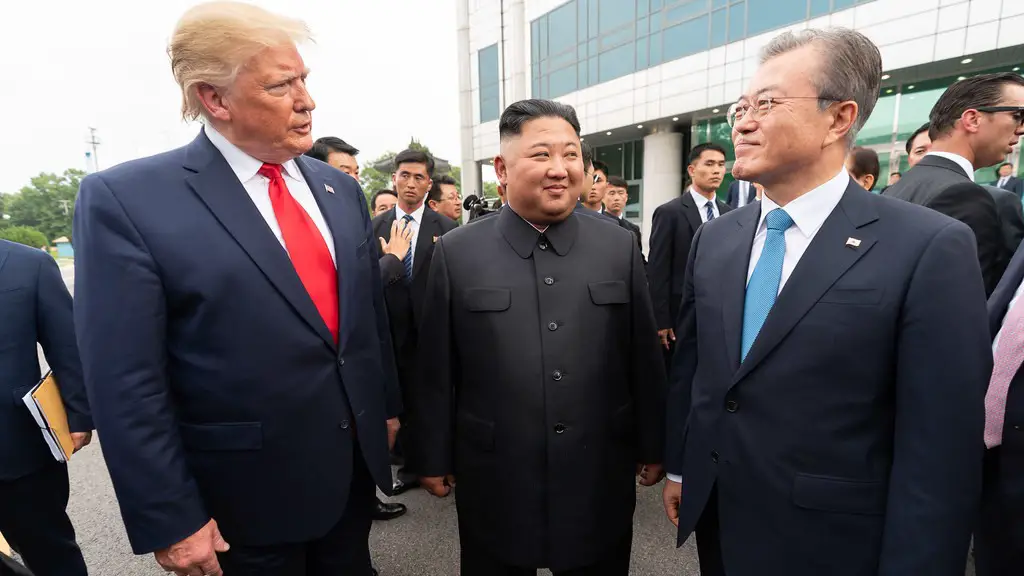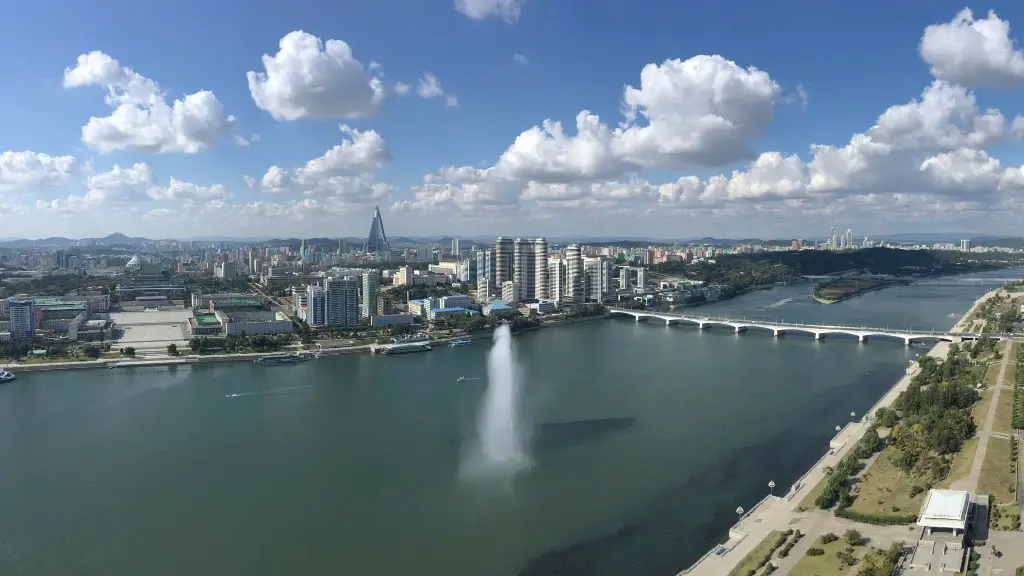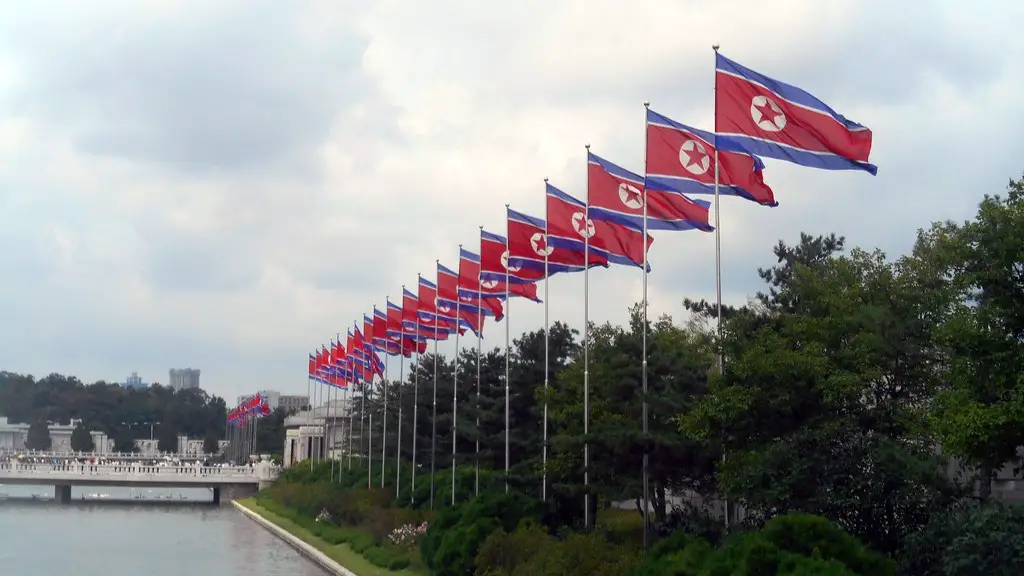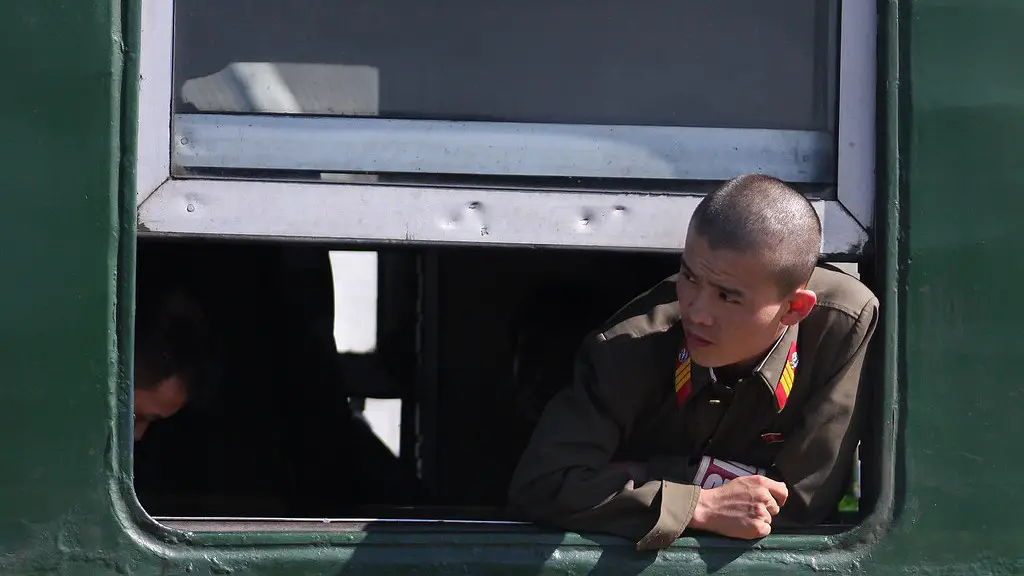When Will North Korea Open Up
North Korea is one of the world’s most closed societies, and one of the few remaining dictatorships. The country has been run by the same family since its establishment in 1948, and the country’s essential character remains unchanged. North Koreans are subject to tight control and surveillance, and those who challenge the regime are ruthlessly suppressed. The question of when North Korea will open up has been debated among foreign policy experts for decades.
Proponents of opening up North Korea argue that economic liberalization and greater political openness will bring the country out of poverty and eventually lead to a more democratic government. On the other hand, proponents of the current regime contend that the country is better off staying as it is, since any changes could lead to chaos, unrest, and even the collapse of the regime.
Economic liberalization could enable North Korea to reap the benefits of foreign investment, technology, and trade. The country is currently heavily reliant on aid from China and other countries, which limits its options for developing its economy. With more access to foreign capital, North Korea would be able to modernize its infrastructure, enhance its agricultural production, and develop its manufacturing sector. This could provide North Koreans with more employment opportunities and higher standards of living.
Political openness in North Korea can be challenging to implement, since it requires substantial changes to the structure of power that has been in place for more than 70 years. While some argue that North Korea should transition to a multi-party system, others suggest that any political reform process should be incremental, in order to avoid a sudden collapse of the current regime. This could involve introducing greater political freedom through a gradual adoption of liberal policies, and allowing more direct involvement of citizens in the political process.
The question of when North Korea will open up is impossible to answer with certainty, as the country’s future depends on a range of factors, such as the willingness of its leaders to make major changes, the economic and political situation in the region, and the attitude of other major powers towards the country. Nonetheless, there are signs that North Korea is slowly moving towards greater openness, with the gradual introduction of limited reforms, such as the loosening of certain restrictions on travel and trade.
Effect on Regional Security
The potential opening up of North Korea has far-reaching implications for regional security in East Asia. The North Korean government has long been a source of tension in the region, due to its development of weapons of mass destruction and aggressive foreign policy. If North Korea were to open up and become more integrated with the international community, the potential for conflict could be significantly reduced.
The opening up of North Korea could also lead to increased collaboration between the country and its neighbours, such as South Korea and China. This could foster better relations and greater trust between the countries, which would improve regional security. Additionally, economic integration could lead to increased investment in the region, which could have a positive impact on overall economic development.
The opening of North Korea will also bring benefits to the population of the country itself. With increased economic possibilities and greater political freedom, North Koreans will be able to pursue more meaningful lives, enjoy greater human rights, and lead lives that are less restricted by the oppressive regime.
However, the potential opening up of North Korea is not without risks. The country is highly unstable and its democracy is in an early stage of development, which could lead to unrest and instability if changes are not carefully managed. Additionally, North Korea has long been a source of weapons of mass destruction, which could be acquired by other countries if the country opens up.
Impact on North Korean Citizens
The potential opening up of North Korea would have a profound and far-reaching impact on its citizens. Economic liberalization would provide more employment opportunities and higher standards of living, while political openness could open up new avenues for political participation and expression.
However, the introduction of major changes to the country’s political and economic system could also lead to instability and unrest. This could be exacerbated by the fact that North Koreans have been living under an oppressive regime for decades, and may find it difficult to adjust to a more open and liberal society.
Additionally, there is the risk that opening up the country could lead to economic inequality, as foreign investment and modern technology could create a small but powerful elite class, who would be in a position to take advantage of the opportunities created by the opening up of the country.
The challenge facing North Korea is to find a way to open up the country in a way that preserves the stability of the current regime, and at the same time brings economic and political freedoms to its citizens. This is a difficult task, as it will require a delicate balancing act between maintaining the current system and allowing for gradual reform.
International Response
The international response to the potential opening up of North Korea is mixed. Some countries, such as the United States, are supportive of opening the country, arguing for the need for economic and political reform in the country. The United States has also put forward a plan for assisting North Korea in its transition to a more open society.
Meanwhile, other countries, such as China, are more cautious in their approach to North Korea. China is concerned about the potential for instability in the region if North Korea were to open up and potentially dismantle the current regime. Chinese leaders are also wary of the potential for North Korea to become a close ally of the United States, which could shift the balance of power in the region.
The international community must find a way to facilitate the opening up of North Korea without compromising the security and stability of the region. This could involve providing economic assistance and technical expertise to help the country transition to a more open society, while being judicious in the type of aid offered. This could help to ensure that the economic benefits of opening up the country are shared among all North Koreans, while avoiding any disruption to the region’s security.
International Sanctions
The international community has used economic sanctions in an effort to influence the behavior of the North Korean government. Sanctions have been used to limit the country’s access to foreign technology, to curb trade, and to try to change its nuclear policy. While sanctions have had some success, there is an ongoing debate about whether or not they are an effective tool for inducing North Korea to open up.
Proponents of sanctions argue that they can be a powerful tool for changing the behavior of a country and modifying its policies. Sanctions can also be used as leverage to force the country to make concessions. However, others argue that sanctions can be counterproductive, as they can lead to hardship for the civilian population, while not necessarily achieving their political objectives.
Regardless of its effectiveness, sanctions are likely to remain a key part of the international strategy to encourage North Korea to open up. The international community will need to use sanctions judiciously, in order to ensure that they are effective in achieving their desired goals, while not unduly punishing the people of North Korea.
Key Players in the Situation
The opening up of North Korea is a complex process, and will require the cooperation of a number of key players. Firstly, the North Korean government must be willing to embrace major changes to its policies and its economy. Additionally, North Korea’s partners in the region, such as South Korea and China, must ensure that their own policies are conducive to the process.
The United States will also be a key player in the process, as it has the most influence over North Korea due to its role as a major power in the region. The United States will need to be judicious in its approach to North Korea, balancing its desire to see political and economic reform with the need to preserve regional security.
Finally, the international community, represented by the United Nations, will have a role to play in encouraging North Korea to open up. Through its sanctions regime, the UN can use its economic leverage to induce the North Korean government to make substantive changes to its policies. Additionally, the UN can provide diplomatic and financial assistance to support the process.
Risks Involved
The potential opening up of North Korea carries with it a number of risks. Firstly, there is the risk that the process could lead to instability and unrest, particularly if the changes are not carefully managed. Additionally, opening the country could cause a shift in the regional balance of power, as North Korea could become more closely aligned with some countries at the expense of others.
Additionally, there are questions of whether the North Korean people are ready for the changes that would come with the opening up of the country. For many North Koreans, life under the regime has been all they have known, and the introduction of major changes could lead to confusion and disorientation.
Finally, there is a risk that the opening up of the country could be exploited by those seeking to enrich themselves, or take advantage of the new opportunities created by the process. This could lead to economic inequality, as some people are able to capitalize on the changes while others are not.
Given the risks involved, it is clear that the potential opening up of North Korea needs to be carefully managed. The international community must use a judicious approach that balances the need for change with the need to ensure stability and protect the rights of the North Korean people.
